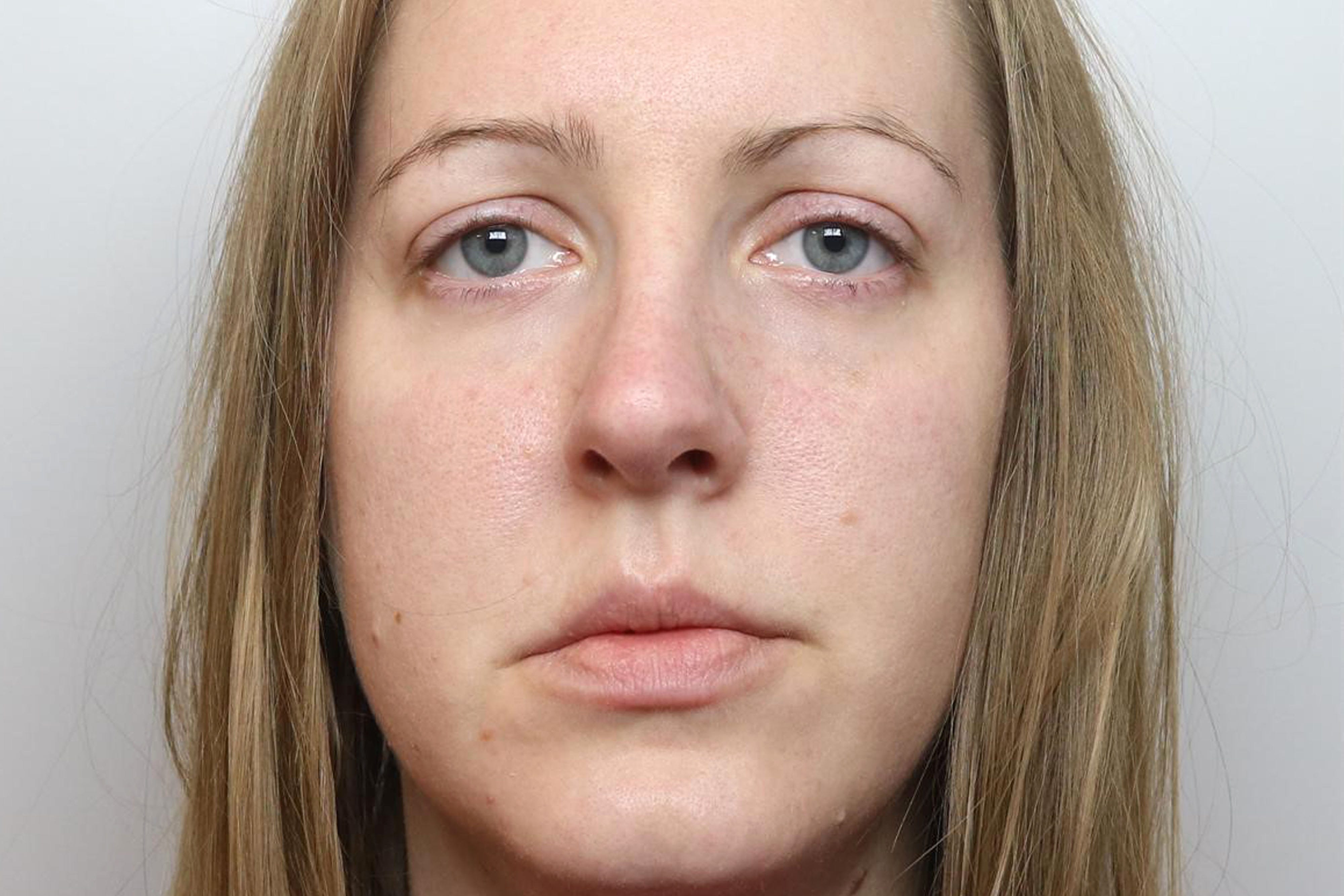Formal steps needed to deal with suspected NHS ‘bad apples’, Letby inquiry told
An expert witness told the Thirlwall Inquiry the challenges of not identifying them were illustrated by the Harold Shipman and Beverley Allitt cases.

Your support helps us to tell the story
From reproductive rights to climate change to Big Tech, The Independent is on the ground when the story is developing. Whether it's investigating the financials of Elon Musk's pro-Trump PAC or producing our latest documentary, 'The A Word', which shines a light on the American women fighting for reproductive rights, we know how important it is to parse out the facts from the messaging.
At such a critical moment in US history, we need reporters on the ground. Your donation allows us to keep sending journalists to speak to both sides of the story.
The Independent is trusted by Americans across the entire political spectrum. And unlike many other quality news outlets, we choose not to lock Americans out of our reporting and analysis with paywalls. We believe quality journalism should be available to everyone, paid for by those who can afford it.
Your support makes all the difference.Formal steps should be in place to deal with suspected “bad apples” in the NHS, the inquiry over the crimes of killer nurse Lucy Letby has heard.
An expert witness told the Thirlwall Inquiry the challenges of not identifying them were illustrated by the cases of mass murderer Dr Harold Shipman and another child killer nurse, Beverley Allitt.
Giving evidence on Thursday, Professor Mary Dixon-Woods, from the University of Cambridge, said a doctor who began to suspect Allitt was harming infants in Grantham, Lincolnshire, in 1991 was “initially treated as having fanciful ideas and was not treated seriously”.
She said: “Partly this was because there wasn’t a recognition that bad apple behaviour can sometimes be the source of problems because there wasn’t a very clear procedure for dealing with it.”
I think our procedures for dealing with these kind of very transgressive and unusual incidents have remained underdeveloped in the NHS
Meanwhile, Shipman was a “snake” who managed to wriggle through holes in patient safety systems to commit his terrible actions before he was finally detected, she said.
Examples of bad apples were those who persisted with grossly incompetent clinical practice or demonstrated unacceptable behaviours such as bullying and racism, she said.
Prof Dixon-Woods went on: “There are also those who demonstrate transgressive behaviours which reach the threshold for criminality and that might include murder, assault, rape or other violations.”
She said the danger of assuming that such bad apples do not exist was highlighted by the Clothier Inquiry into Allitt’s crimes which concluded “the main lesson the Grantham disaster should serve is to heighten awareness in all those caring for children of the possibility of a malevolent intervention as a cause of unexplained clinical events”.
Counsel to the inquiry Rachel Langdale KC asked: “From your perspective, how can that be achieved to heighten awareness?”
Prof Dixon-Woods said: “I think the key thing is that we recognise some of the human behaviour that’s involved in identifying what may be a very unusual pattern of events.
“And the second thing is that there is a procedure for dealing with this. I think our procedures for dealing with these kind of very transgressive and unusual incidents have remained underdeveloped in the NHS.
“We know from other areas like fraud or sexual abuse, unless you have got the procedures in place it’s very difficult for organisations to deal with them.
“If someone is suspected of fraud there is a series of steps that the organisation knows to take. I’m not sure the same clarity is there in an event where someone is suspected of murder or attempted murder.”
She acknowledged it was “extremely difficult” for someone to initially voice concerns about possible malevolent acts.
She said: “They may be met with what’s called the credibility gap which was identified in the Shipman inquiry. And they may struggle to be heard or to address the concerns.
“The credibility gap typically appears when the issue at hand is so extraordinarily egregious that it is difficult to believe that someone could have committed it.”
Prof Dixon-Woods told inquiry chair Lady Justice Thirlwall that transgressive behaviour was a “rare but distinct class of patient safety risk that needs to be addressed with appropriate strategies, policies and processes that are standardised and properly supported throughout the NHS.”
Letby, 34, from Hereford, is serving 15 whole-life orders after she was convicted at Manchester Crown Court of murdering seven infants and attempting to murder seven others, with two attempts on one of her victims, at the Countess of Chester Hospital’s neonatal unit between June 2015 and June 2016.
The inquiry is expected to sit until early 2025, with findings published by late autumn of that year.